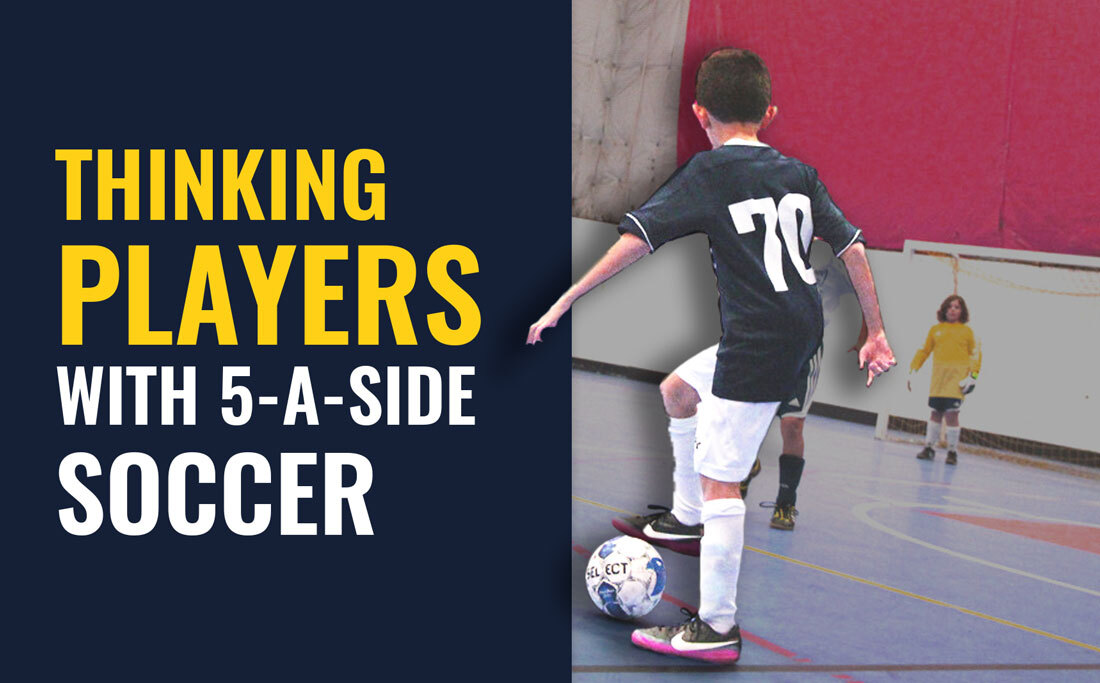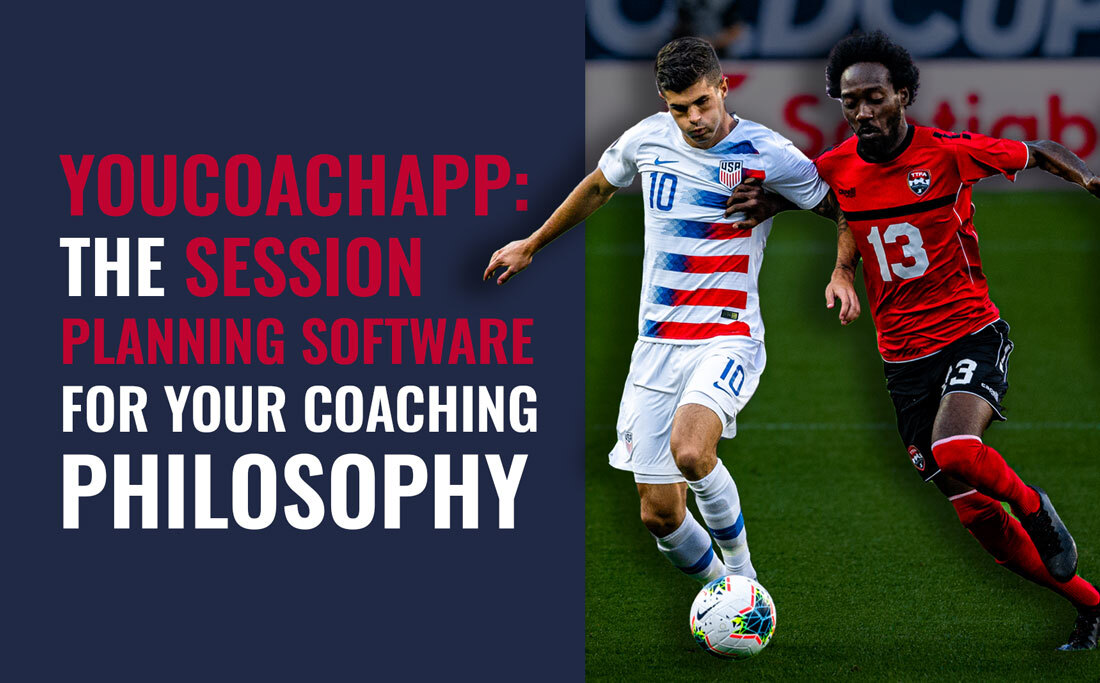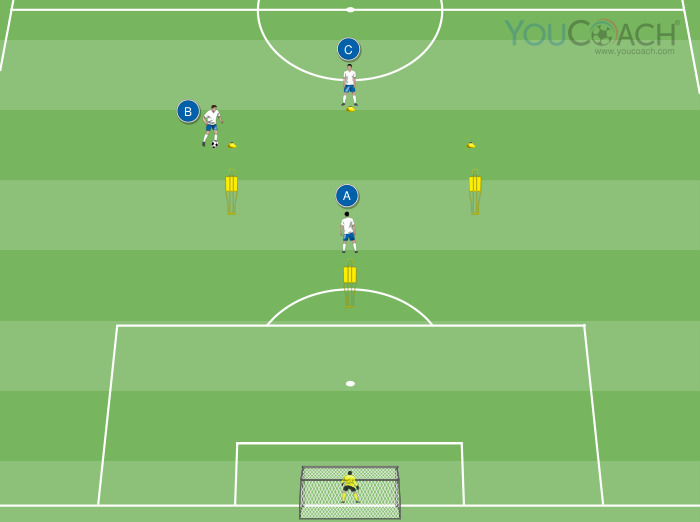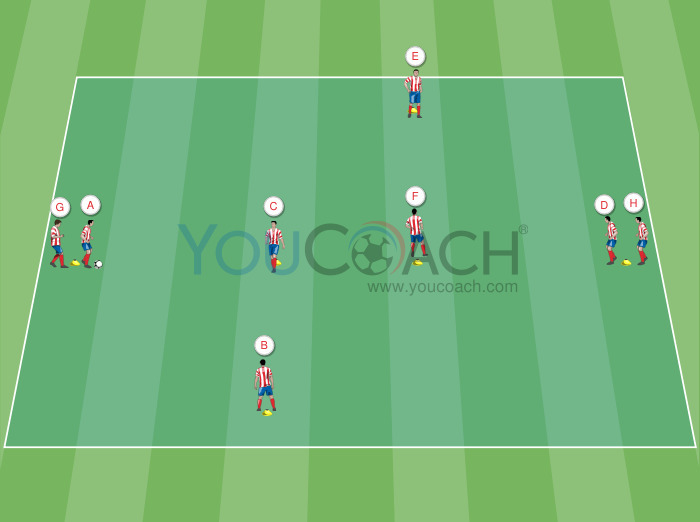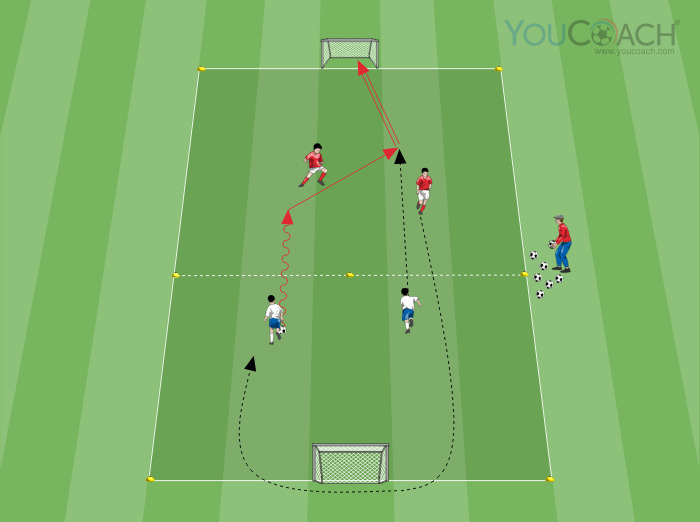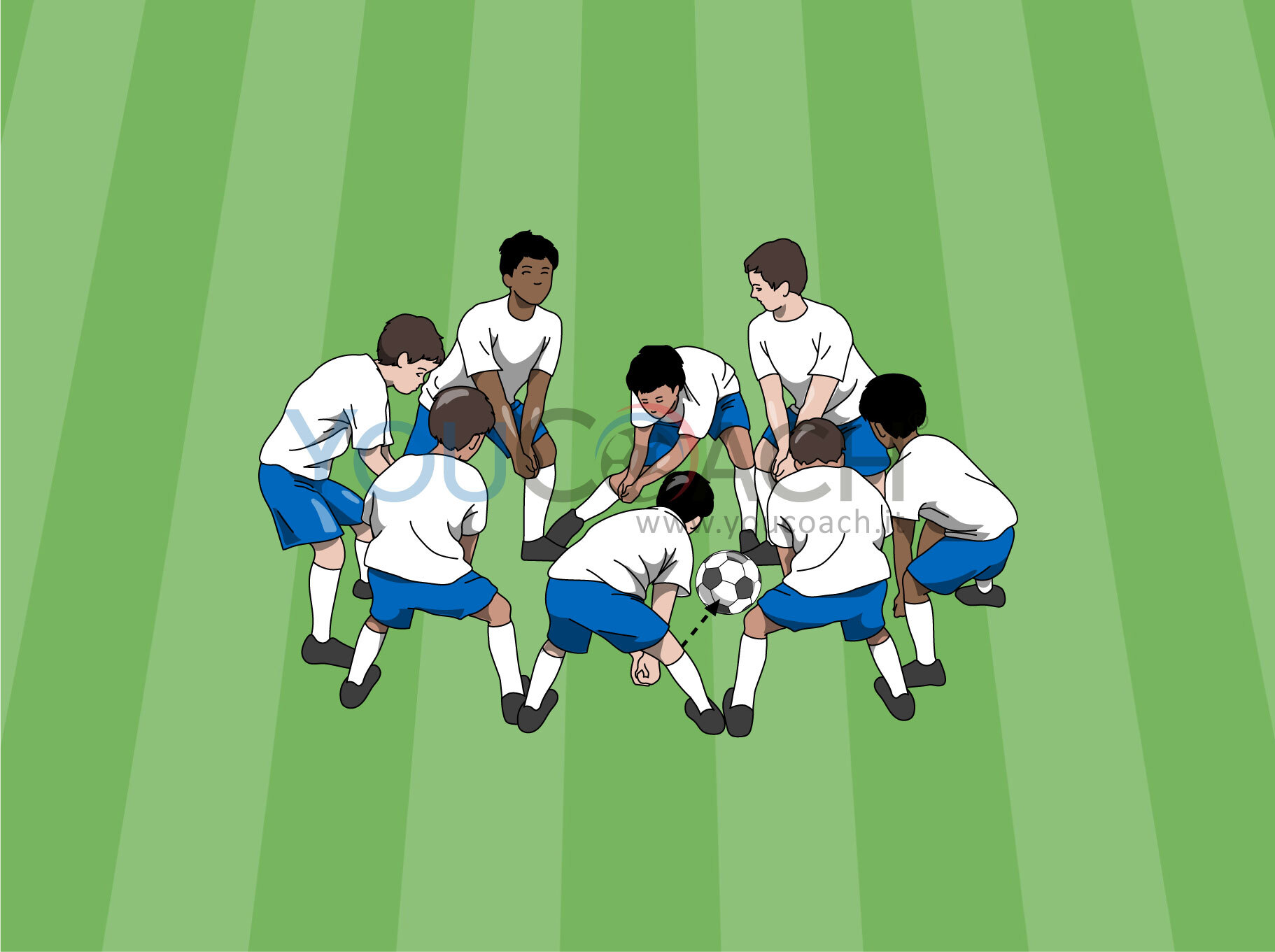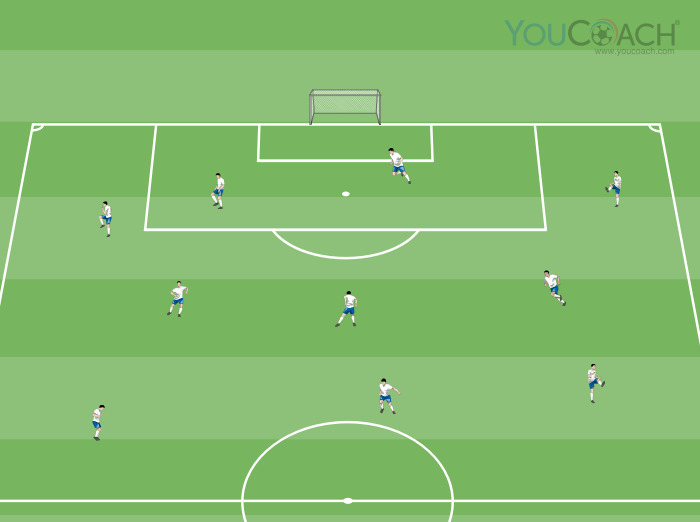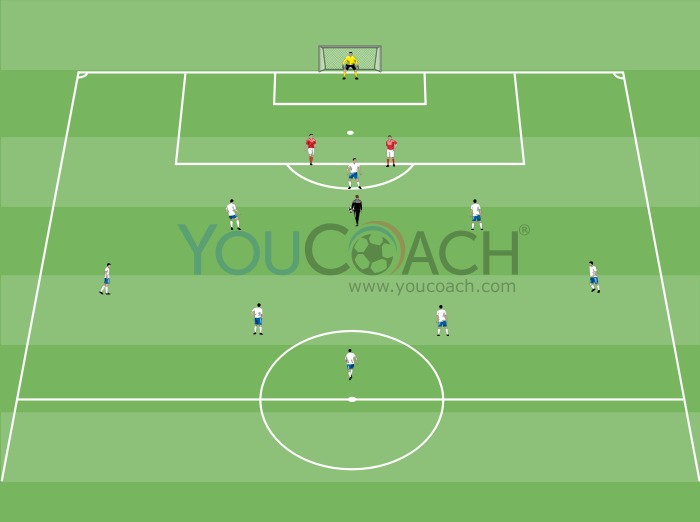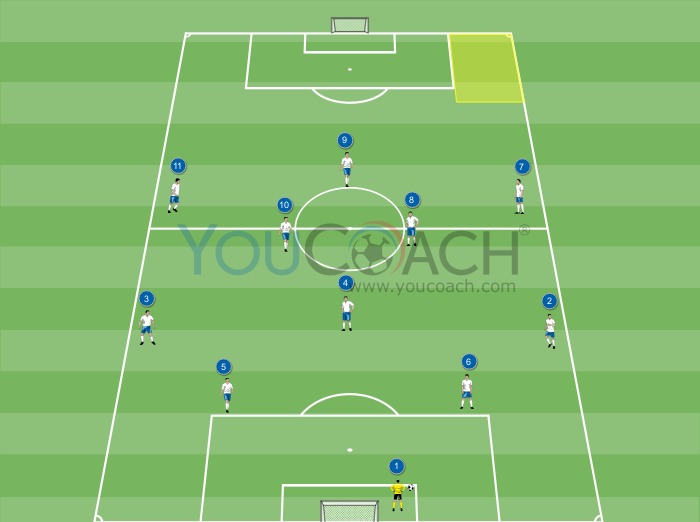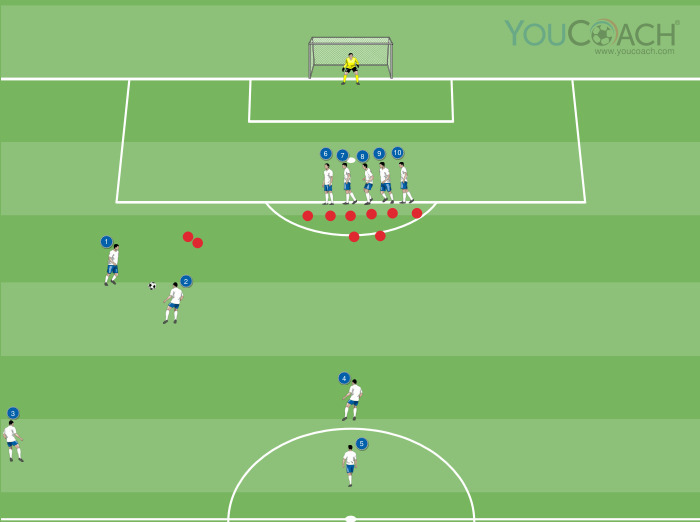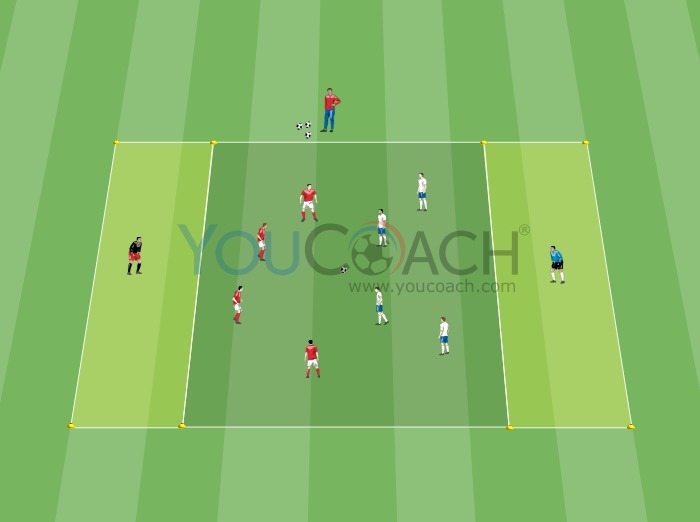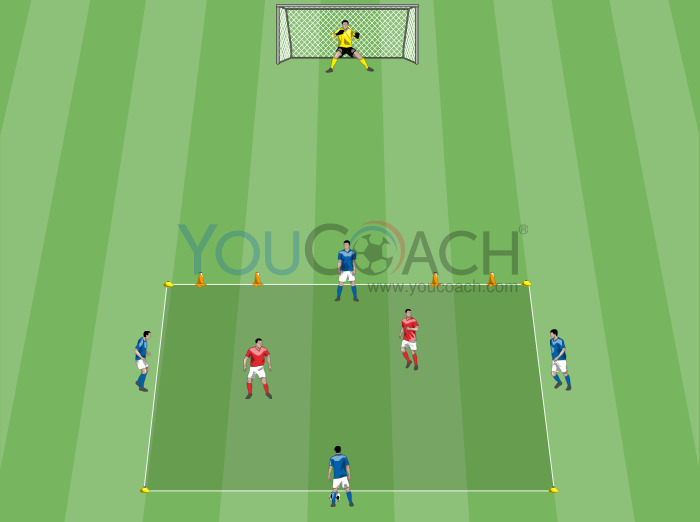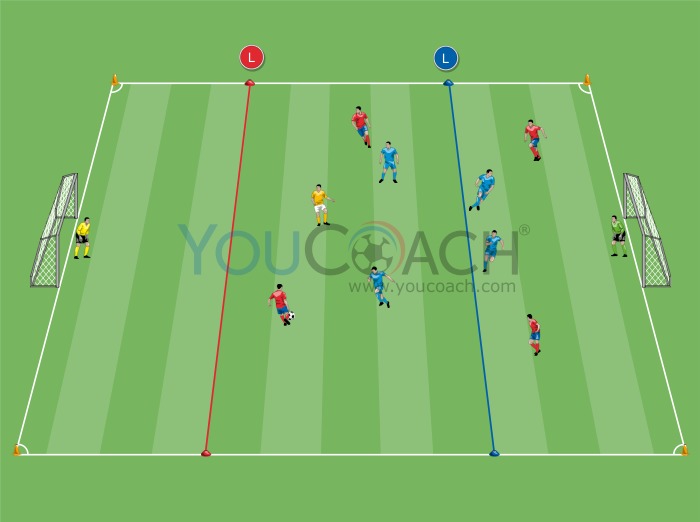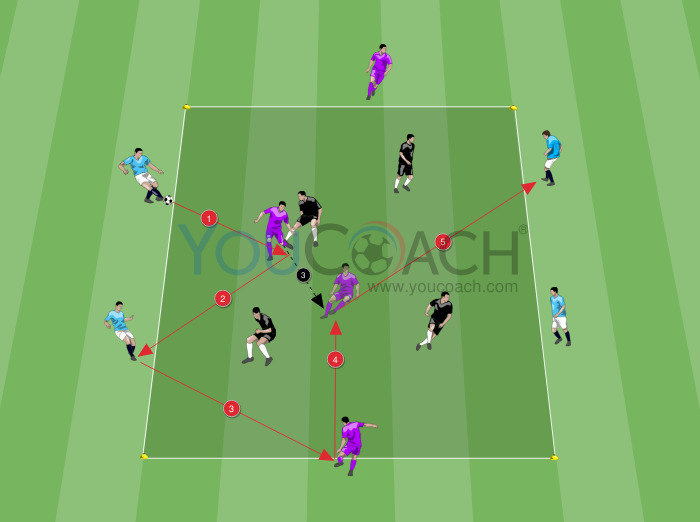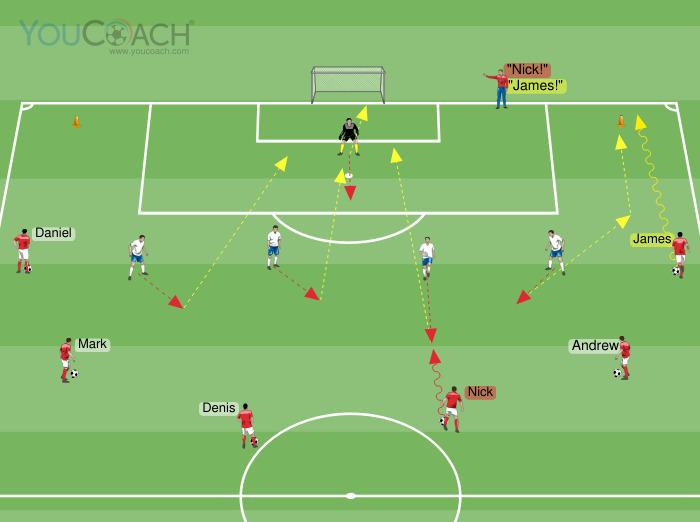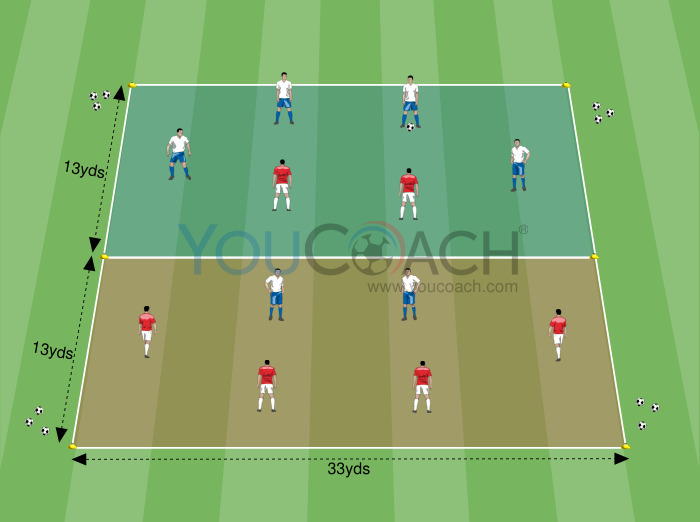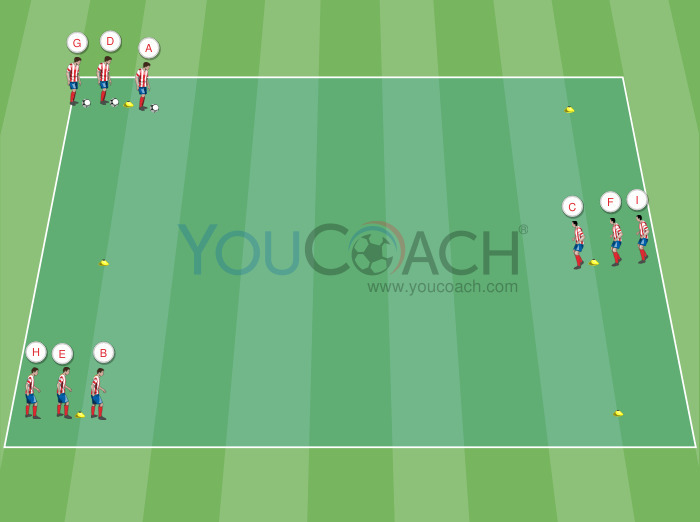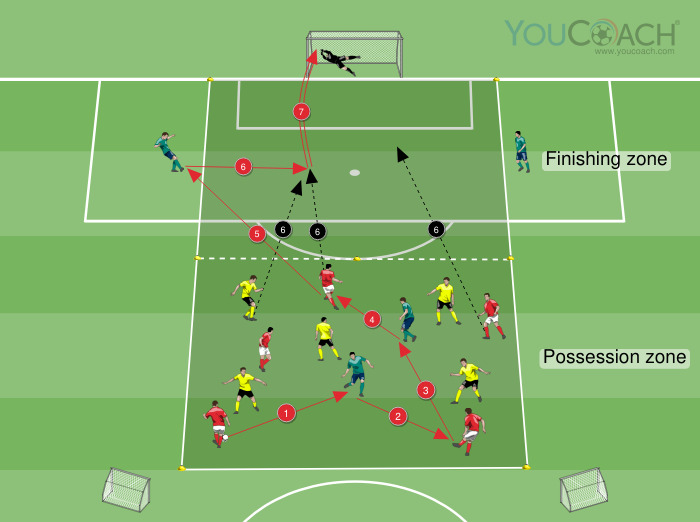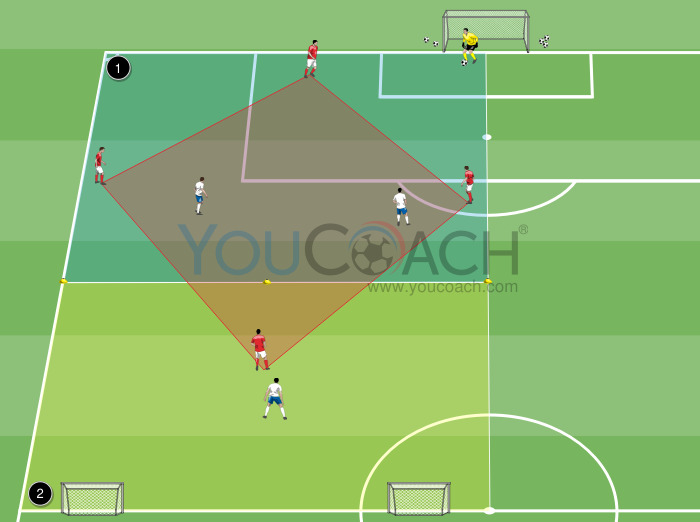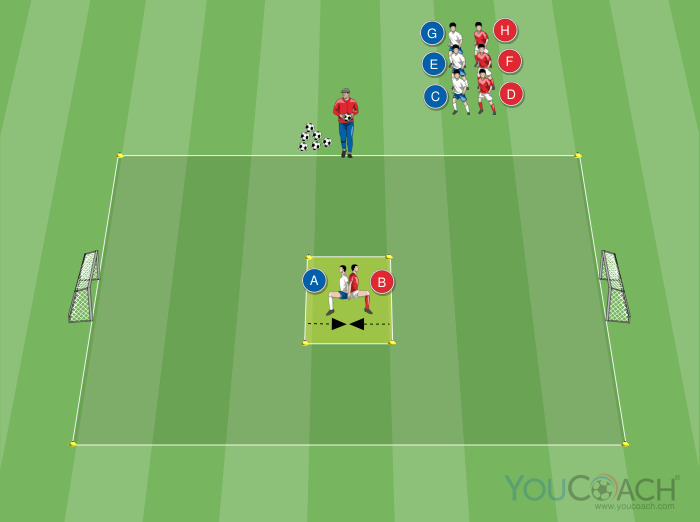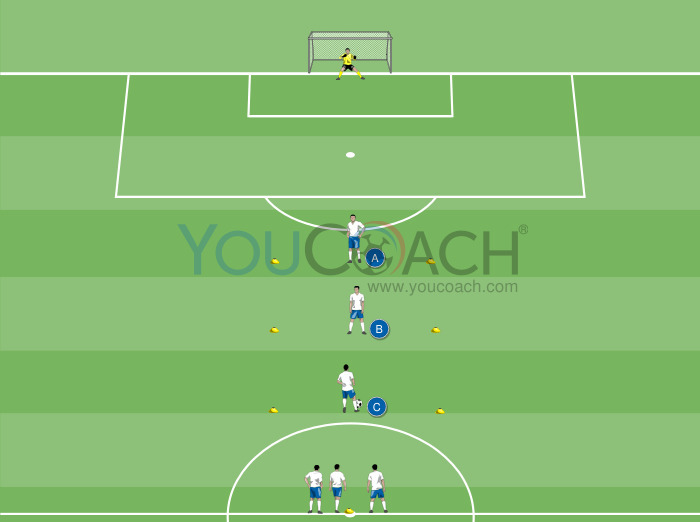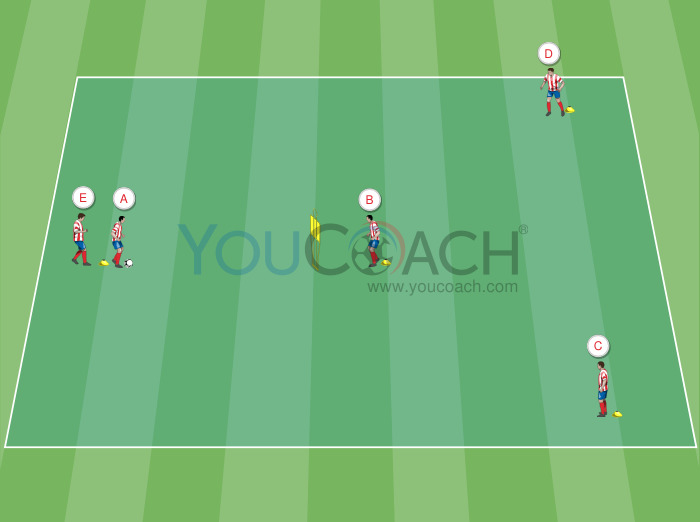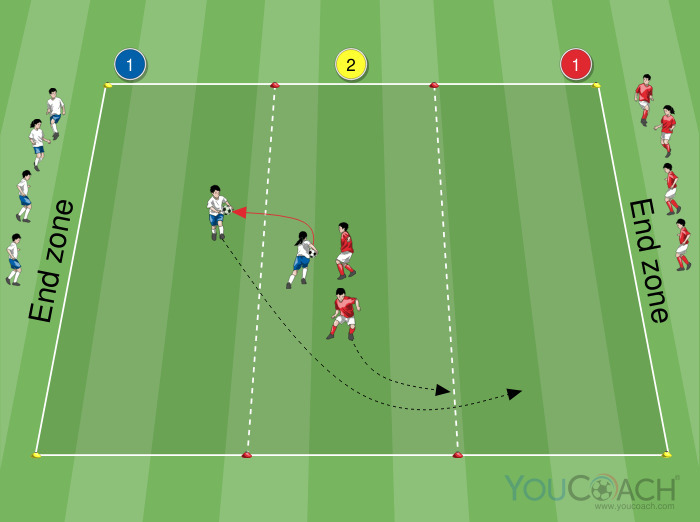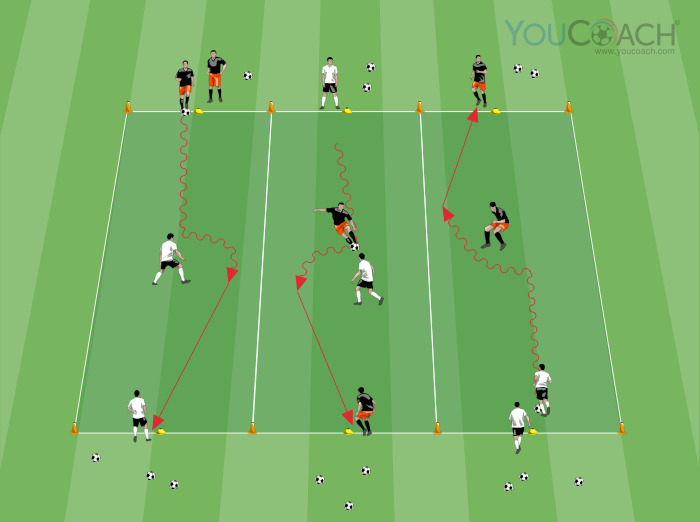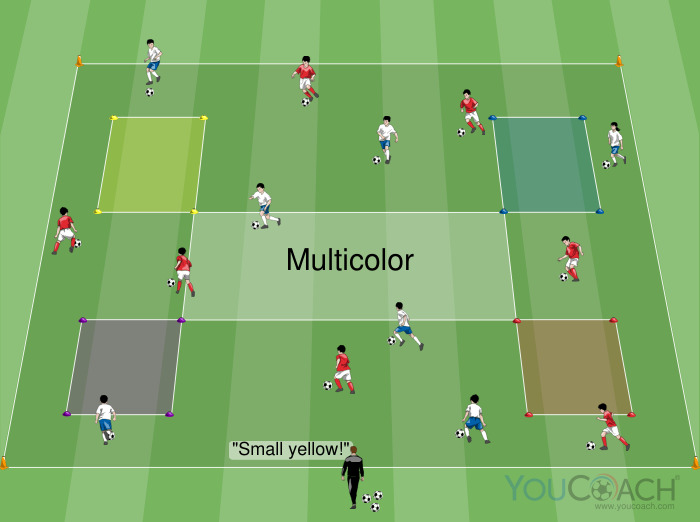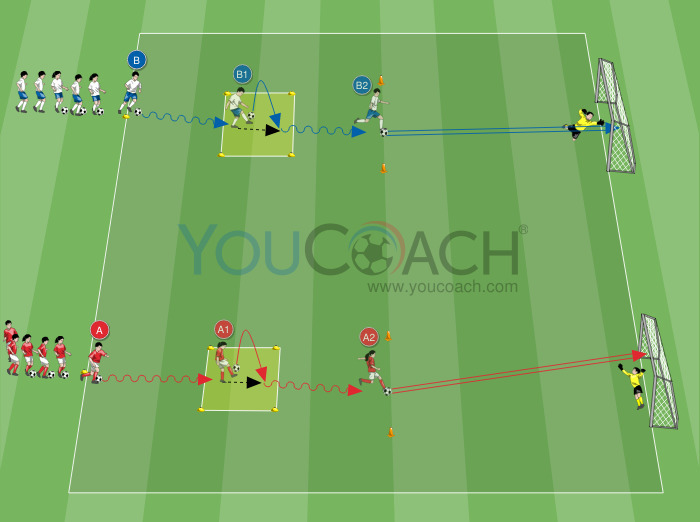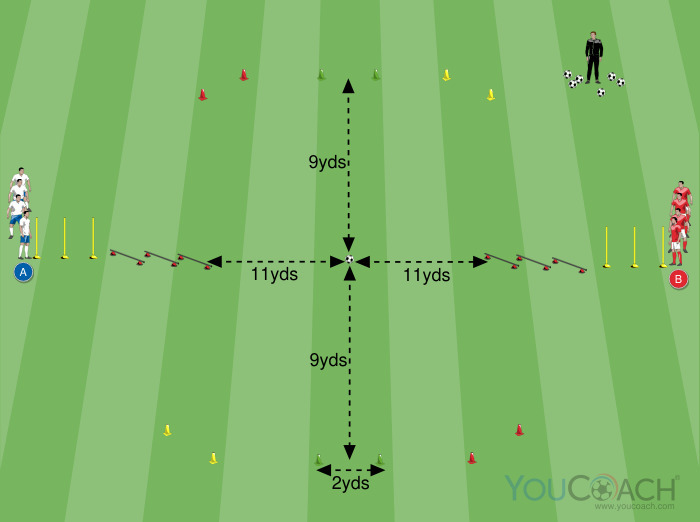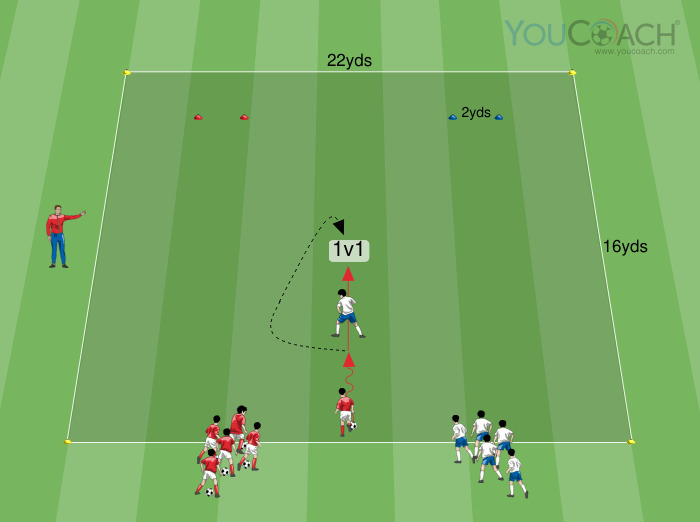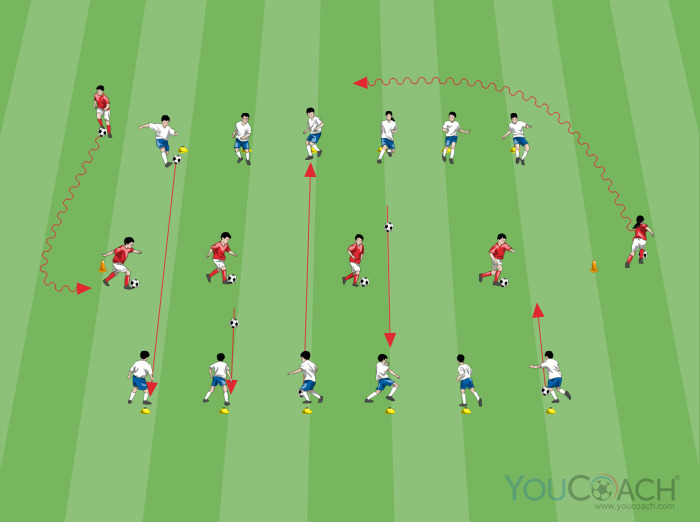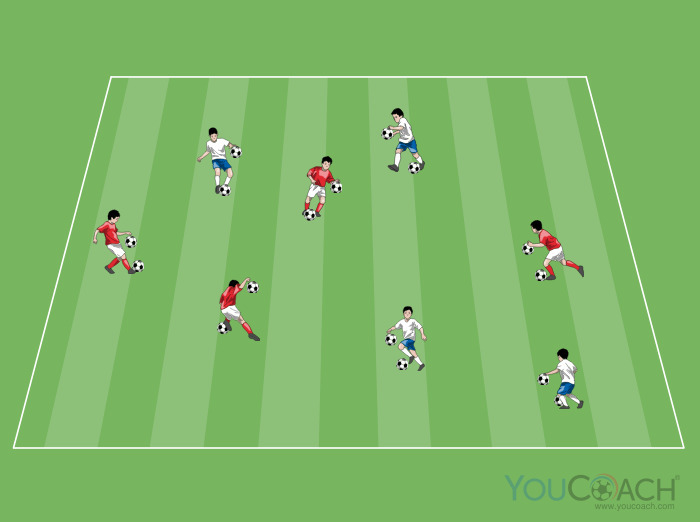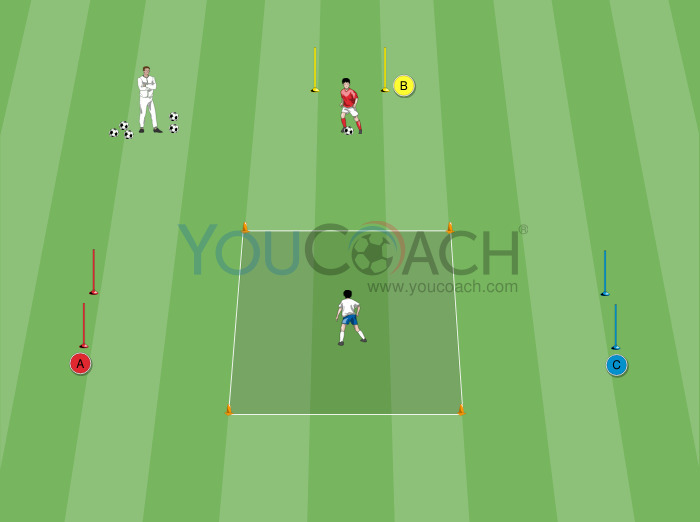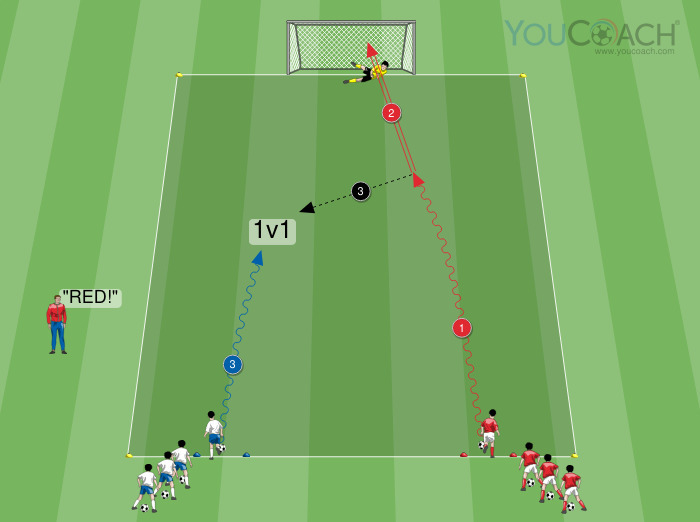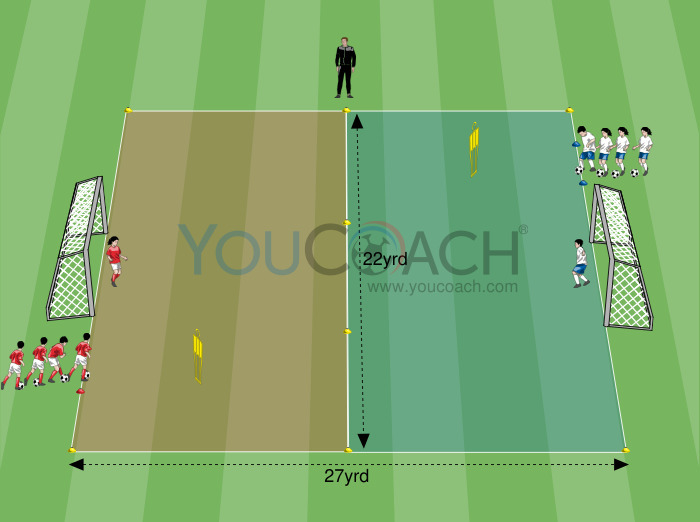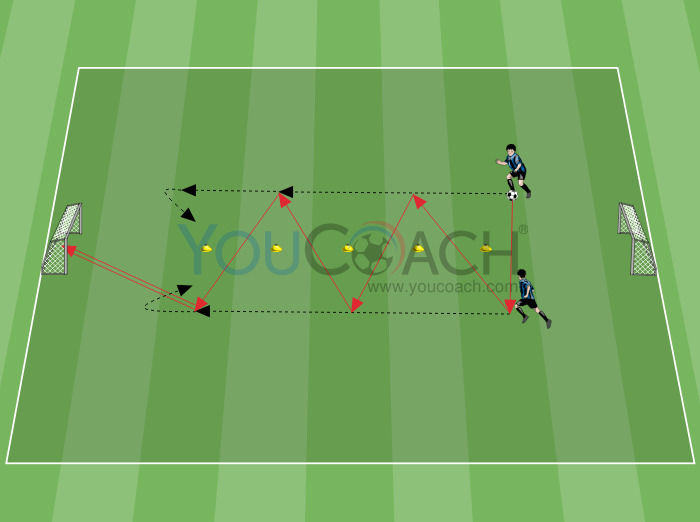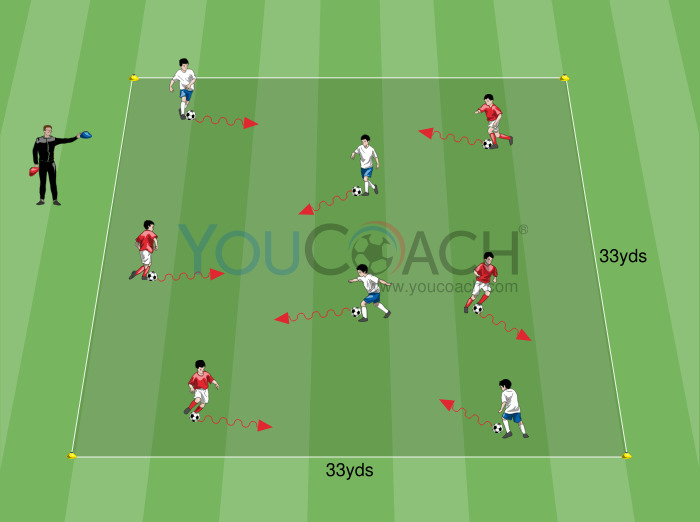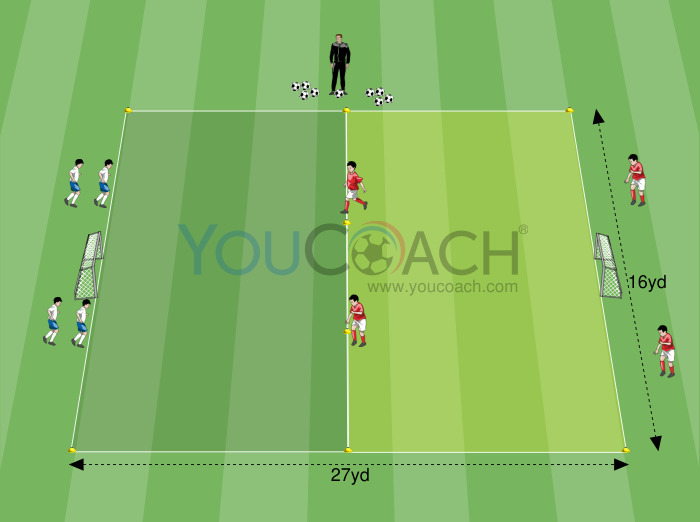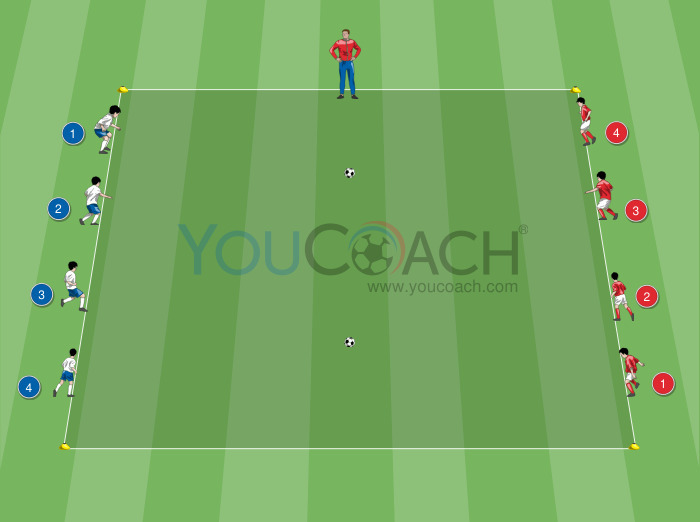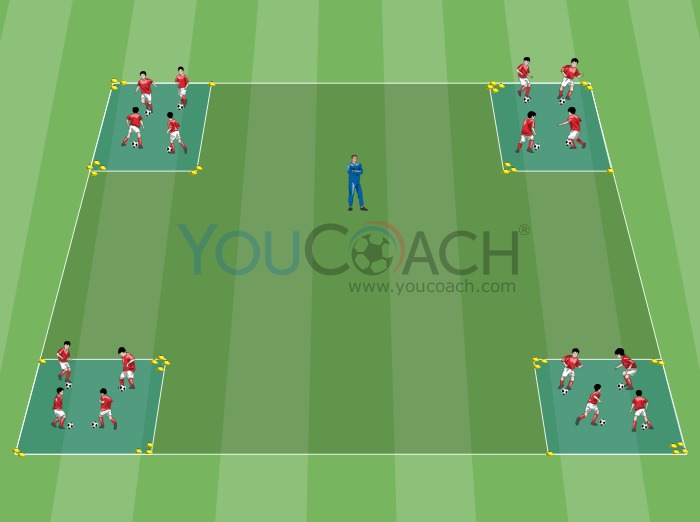| Games for the children | |
|
COLLANA
|
Games for the children |

The formative path in the youth teams represents the basis over which to build the future soccer player; the incentives that the child receives during this phase will have an indelible impact on their personality, character and their technical-tactical qualities. The formative path for children goes from 5 to 12 years; it starts with the Under 6 age group and ends with the Under 12 age group. In this delicate and sensitive phase the coach’s duty is to accompany and support the child during the exploration course of the game in all its facets. In a safe and protected context the child will be able to discover and become familiar with the game rules and the coexistence rules; they will be able to know their own body, to get in contact with the ground and with the opponents, and they will learn to make mistakes in order to be aware of the improvement. In one word, they will learn “to play”. In this growing process the coach has to propose games and situations that respond to certain requirements:
- From easy to difficult: The initial proposals must be very easy so that the child becomes confident with their skills and movements to then gradually increase the difficulty;
- From simple to complex: This principle refers to the game situations that initially have to be simple and recognizable in such a way that the child starts to choose the proper way in which to behave in different contexts. The complexity of the situation can be raised gradually by increasing the number of teammates and opponents;
- From known to unknown: In a situational game context as soccer the skilled player is the one that gets to find an effective solution, either with technique or with tactics, to any problem that lies before him.
The coach’s duty is to accomplish the greatest number of possible solutions and stimulate new ones. In the proposed exercises kids can experience the game and its rules with easy and stimulating proposals. In this context the coach can influence their players with individual or group incitements, transmitting their philosophy in an efficient manner.



